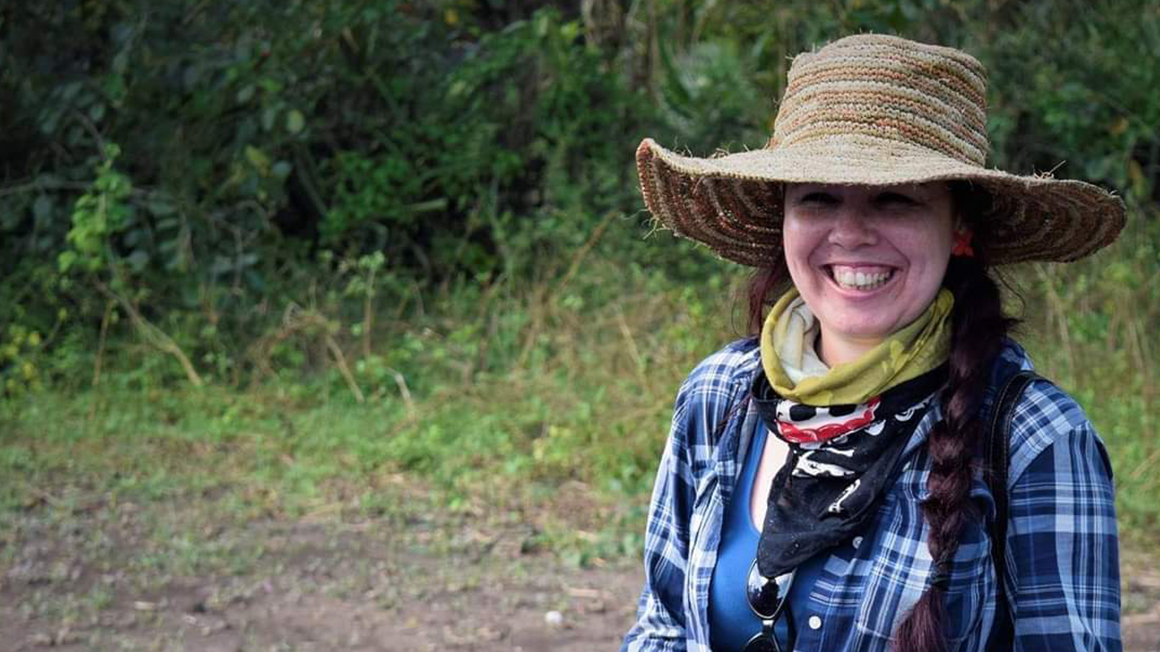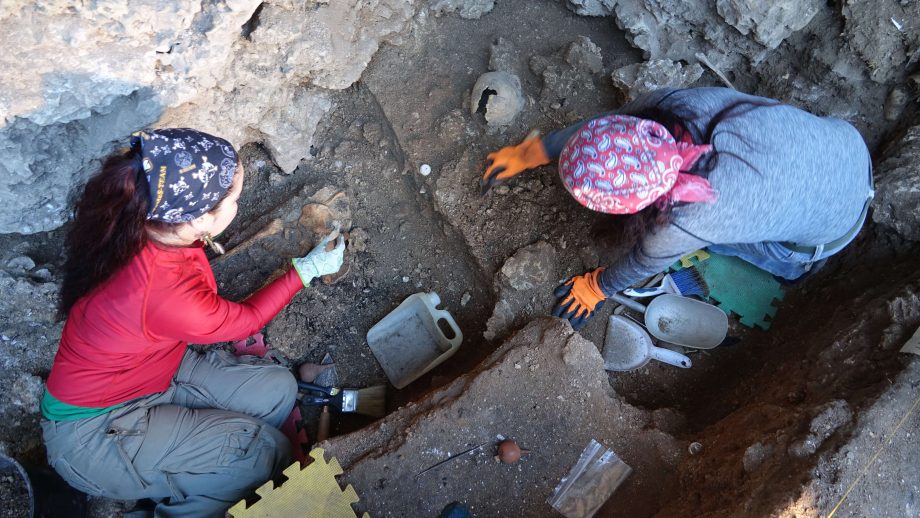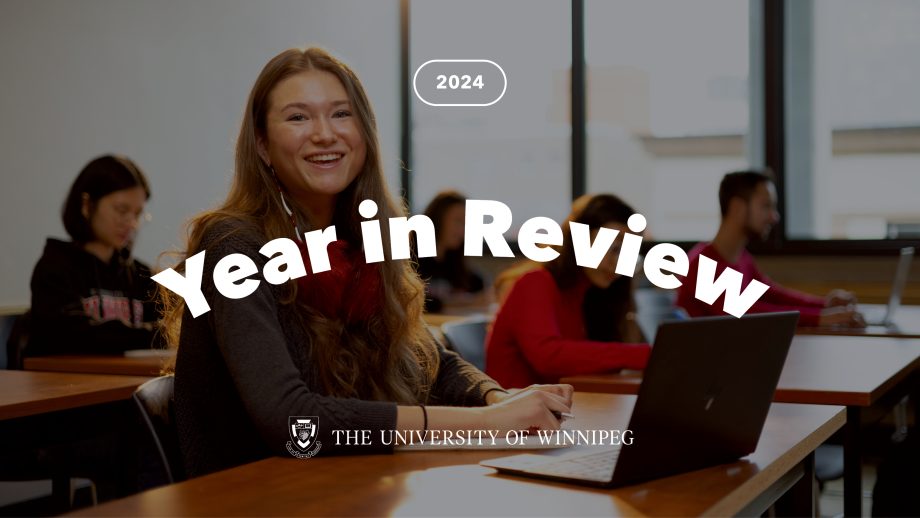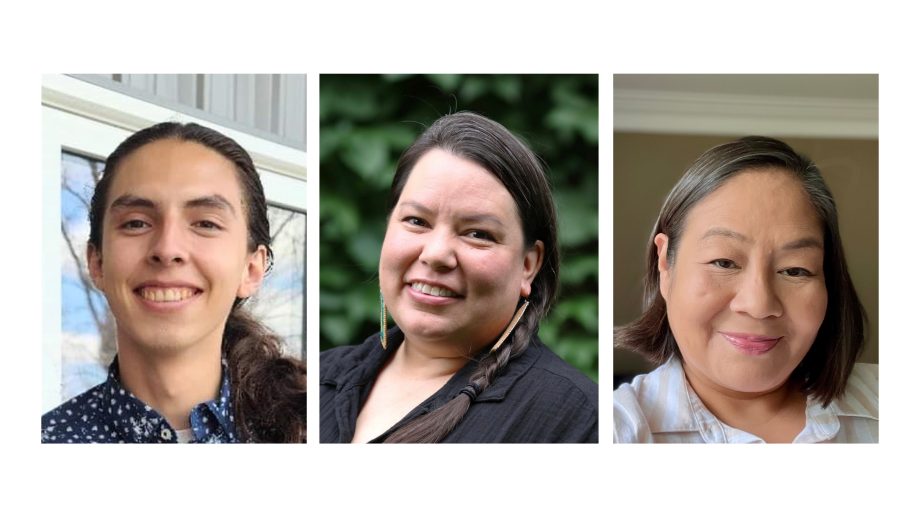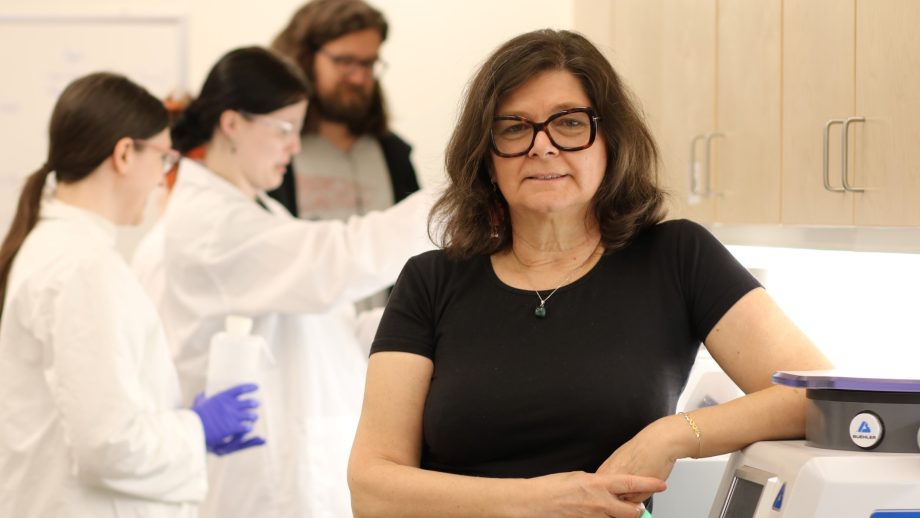University of Winnipeg bioanthropologists, Dr. Yadira Chinique de Armas and recent graduate Kaitlyn Hanson (BSc, Hons 2021) are part of a team of researchers developing a new, innovative approach to understanding ancient infant feeding behavior.

The research team examined the burials of Bacuranao I, a prehistoric Indigenous population from Mayabeque, Cuba.
Their study, published in the peer-reviewed, open access journal PLOS One, explores the potential of combining different isotope systems from a range of tissues to improve resolution when reconstructing breastfeeding and weaning practices in archaeology. It provides new clues to understand the potential implications of breastfeeding and weaning practices on infant and childhood mortality.
Chinique de Armas is the lead author on this study, co-authored with Anna-Maria Mavridou (Leiden University), Jorge Garcell Domínguez (Consejo Nacional de Patrimonio Cultural), Kaitlyn Hanson (University of Winnipeg, BSc, 2021), and Jason Laffoon (Leiden University).
New approach increases understanding of ancient cultures
Infant feeding practices play an important role in cognitive, physiological, and social development, making a profound impact on a community’s nutrition and survival.
In the past, isotope analysis of human skeletal remains has been widely applied to studies of ancient breastfeeding and weaning practices. Traditionally, these have focused on carbon and nitrogen isotopes in collagen of tooth roots and bones, or carbon and oxygen isotopes in dental enamel. These approaches are limited as they focus solely on breastmilk consumption and the introduction of weaning foods.
While studying the burials of Bacuranao I, a prehistoric Indigenous population from Mayabeque, Cuba, the research team developed and applied a novel approach that combines different isotope systems and tissue types, providing a much more detailed and precise reconstruction of ancient infant feeding practices such as exclusive breastfeeding, the introduction of weaning foods, and the timing of the overall weaning process.
“This research confirmed the ability of multi-proxy approaches, such as combining different isotope systems and tissues, to reconstruct breastfeeding and weaning practices in archaeology with improved resolution”, said Chinique de Armas. “We also present novel stable isotope data derived from deciduous teeth enamel which demonstrates that changes in diet can be detected in teeth formed during early infancy.”
Hanson took part in the project during an undergraduate thesis course and says the experience helped prepare her for medical school (she is currently in her first year studying medicine at UM).
“I gained invaluable research skills including critical thinking, data analysis, and collaborating with researchers from different countries,” she said. “This experience has motivated me to do more research in the medical and health sciences field.”
This research was made possible thanks to a fruitful collaboration between researchers from the Cuban Heritage Comision, Leiden University, and the University of Winnipeg. Funding to complete the research was provided by the Social Sciences and Humanities Council of Canada through the Insight Development Grant project led by Dr. Yadira Chinique de Armas.

